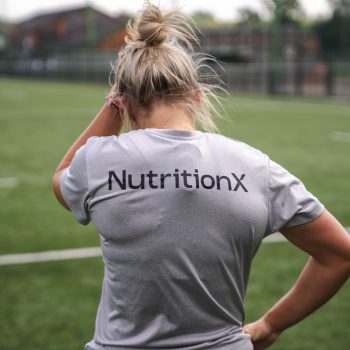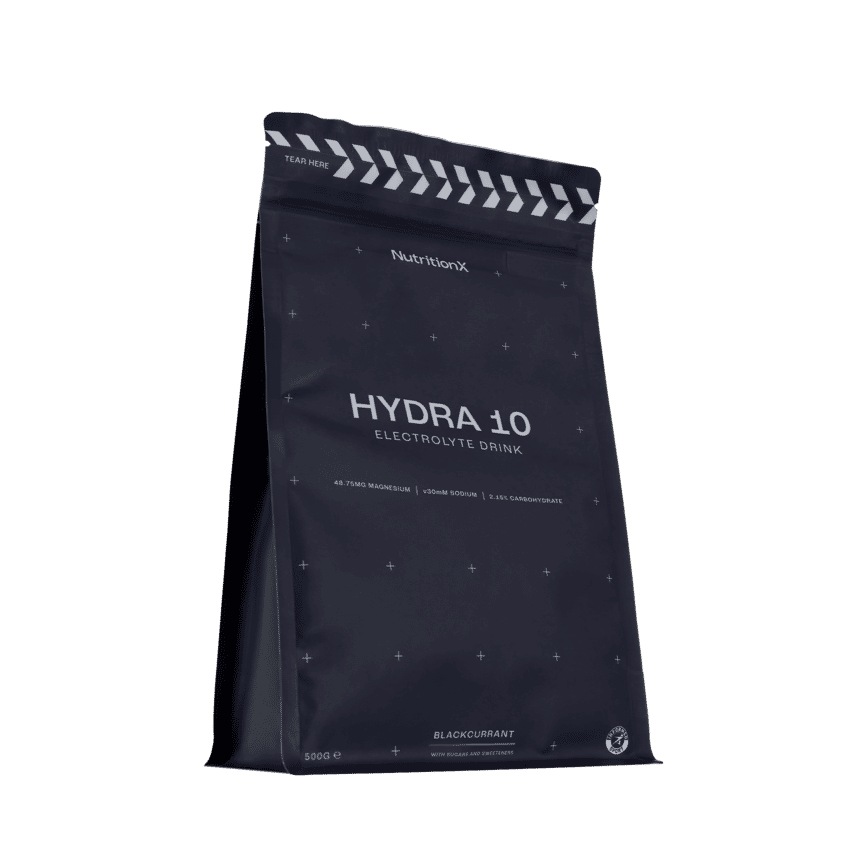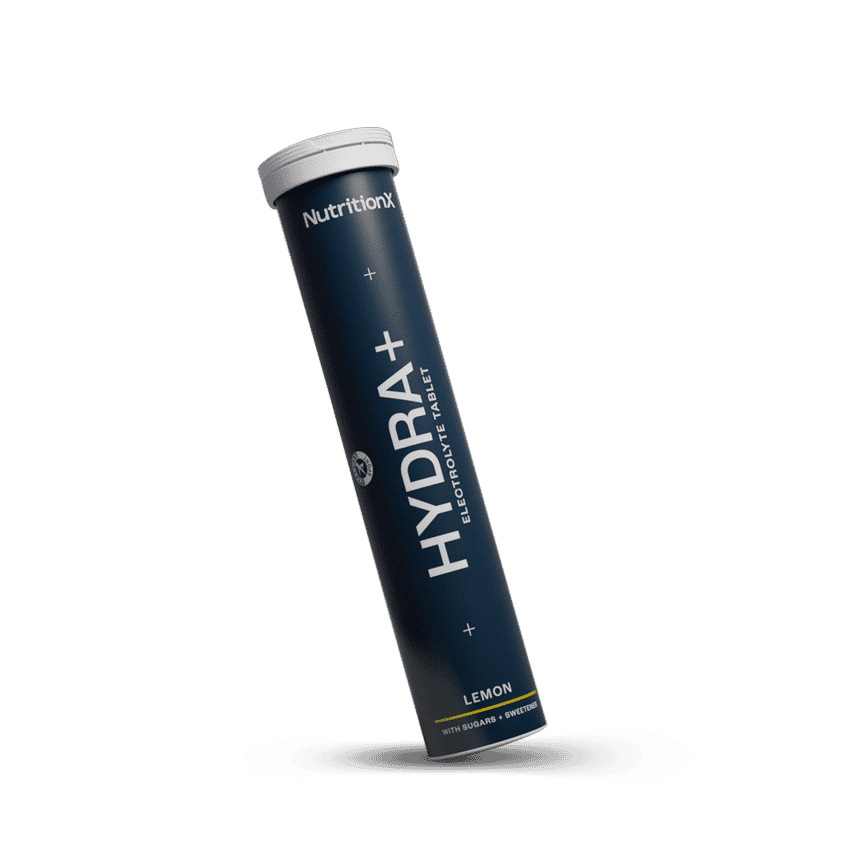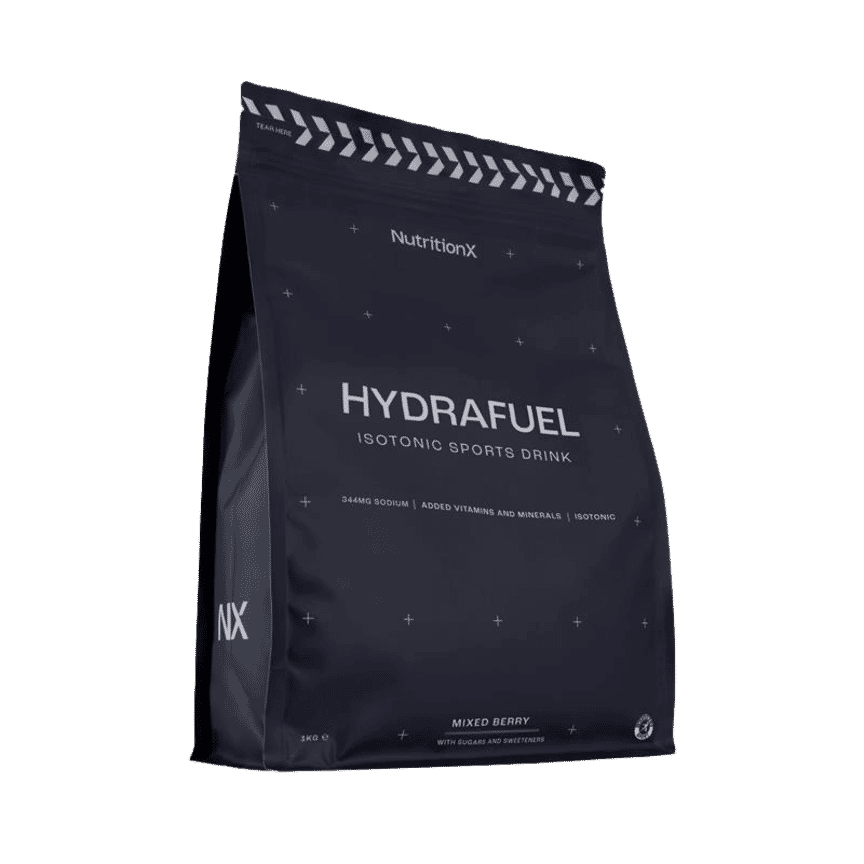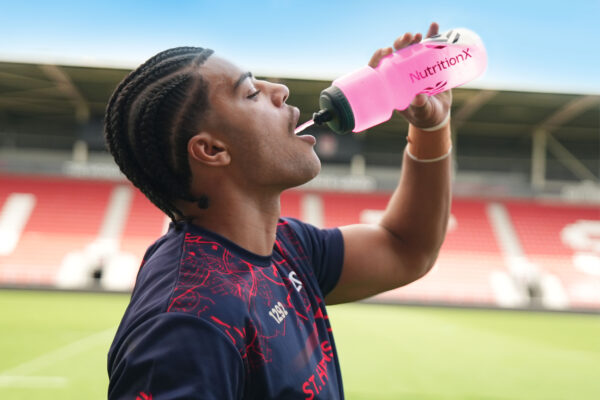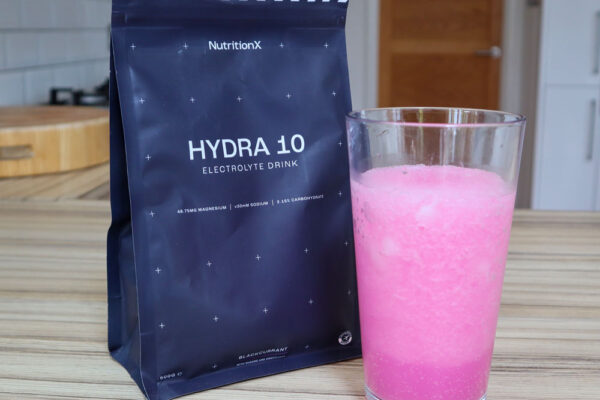As temperatures rise in the summer months, sweat becomes a familiar part of every athlete’s training routine. But beyond being a natural consequence of exertion, sweat plays a critical role in the body’s thermoregulation, and its impact on performance can be more significant than many realise.
Understanding how and why we sweat, as well as how to respond to it, can be a game-changer for athletic performance, recovery and overall health. With increasing temperatures and the popularity of training camps in warmer climates, it’s never been more important to ask: how does sweat impact athletic performance?
What is sweat?
Sweat is a clear, salty fluid secreted by the eccrine and apocrine glands in the skin. Composed primarily of water, it also contains electrolytes such as sodium, potassium, calcium and magnesium. The average person has between two and four million sweat glands, which become more active during physical exertion, emotional stress, or when the body is trying to cool itself down in hot conditions.
Why do we sweat during exercise?
The primary function of sweat is thermoregulation - maintaining a stable internal body temperature. When we exercise, our muscles generate heat. To prevent overheating, the hypothalamus (our body’s thermostat) signals the sweat glands to release fluid onto the skin’s surface. As this fluid evaporates, it helps to cool the body. This mechanism is critical for preventing heat-related illnesses such as heat stroke, especially during prolonged or intense exercise in warm conditions.
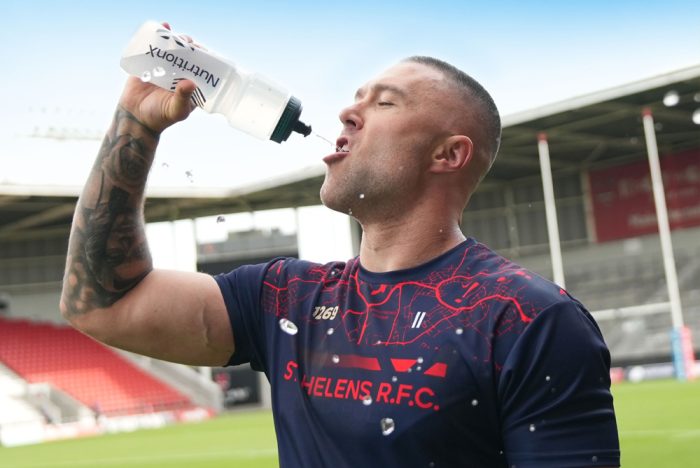
What is the impact of sweat on the body?
Whilst sweating helps to regulate temperature, it also results in the loss of water and essential electrolytes. These losses can have systemic effects if not properly replenished. A 2% loss in body mass due to fluid loss can begin to impair physical and cognitive performance, according to research (Nuccio et al., 2017). Over time, excessive sweating without adequate rehydration can affect heart rate, blood pressure and overall endurance; detrimental to athletes in training or competition.
How does sweating lead to dehydration?
Sweating is one of the body’s main routes of fluid loss, and if those fluids aren't replaced, dehydration occurs. Dehydration reduces plasma volume, which in turn decreases cardiac output and blood flow to the muscles. This makes physical exertion feel more difficult and reduces efficiency. According to the American College of Sports Medicine’s research on exertional heat illness during training and competition (2007), dehydration also increases the risk of heat-related illness and impairs decision-making ability; both of which are critical in competitive sport.
The impact of dehydration on athletic performance
Excessive sweating, ie. sweat rates with more than 1.2L/h, can have a range of negative effects on performance if not replenished with fluids. This can lead to dehydration, acting as a potential cause of muscle cramps, fatigue, reduced coordination and impaired focus. Electrolyte losses in excess, especially sodium, can also disturb neuromuscular function, increasing the risk of cramps and even hyponatraemia in extreme cases. Studies have found that endurance athletes who failed to adequately replace lost sodium and fluids experienced significantly greater declines in performance during long-duration events (Veniamakis et al, 2022).
Why is hydration important for athletes?
Hydration is vital for maintaining cardiovascular efficiency, thermoregulation and muscular function. Fluids help to circulate nutrients, regulate body temperature and transport oxygen around the body. Staying hydrated offsets the fluid and electrolyte loss from sweat, preventing performance dips. Proper hydration also helps athletes recover faster and reduce the risk of heat stress, with studies also showing that maintaining optimal hydration status can enhance endurance, reduce perceived exertion and support concentration under pressure.
However, more isn't always better, as overhydrating can also be harmful. A good hydration strategy considers weather, clothing, individual sweat rate and drinking opportunities during competition to help athletes stay properly hydrated and perform at their best, to limit weight loss to <2%.
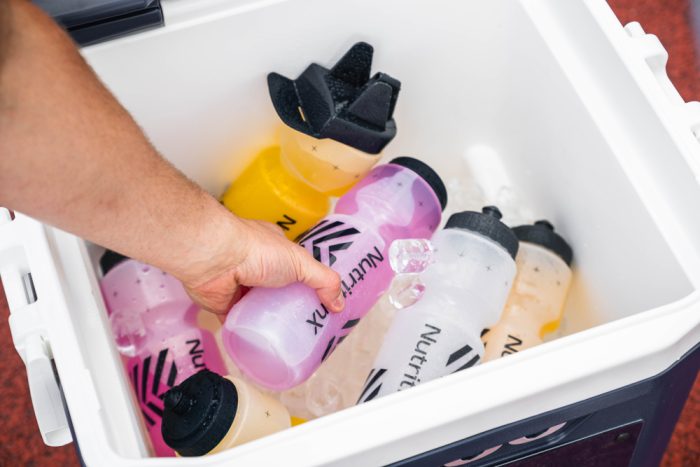
How can you tell what your hydration needs are as an athlete?
Every athlete has unique hydration needs depending on body size, intensity of activity, climate and sweat rate. Monitoring changes in body weight before and after training by using the sweat rate formula is one practical method; each kilogram lost typically reflects about one litre of fluid lost. Additionally, the colour of your urine can serve as a simple, real-time hydration check: pale straw-coloured urine usually indicates good hydration, whilst dark yellow may suggest dehydration. Training yourself to drink during exercise is recommended and may enhance tolerance.
What is sweat testing?
Sweat testing measures the amount and composition of sweat lost during exercise. It typically involves collecting sweat from a specific area of the body using absorbent patches or sensors during a training session. The test analyses key electrolytes, primarily sodium, to determine an athlete’s individual electrolyte losses. This data then helps to create a personalised hydration and nutrition strategy to optimise performance, reduce the risk of cramping and prevent electrolyte imbalance during training and competition.
What is a good sweat rate formula to use?
A simple and effective formula to calculate sweat rate is:
Sweat Rate (L/h) = (Pre-exercise weight - Post-exercise weight + Fluid consumed +Food consumed- Urine loss during exercise) / Exercise duration (hours)
The athlete’s weight should be taken nude or in dry, minimal clothing. For better insight, it is recommended to repeat the test in different conditions (hot/humid vs. cool). This gives a personalised measure of how much fluid an athlete typically loses per hour during a specific activity, which can then be used to develop a tailored hydration strategy.
What are the best hydration supplements?
The best hydration supplements are those that replace not just water but also electrolytes, especially sodium and potassium. Products like our Hydra+ electrolyte tablets or isotonic drinks, like HydraFuel, are excellent options. Athletes should look for supplements that contain the right balance of carbohydrates and electrolytes to support both hydration and energy replenishment, ideally with around 500–700mg of sodium per litre of fluid.
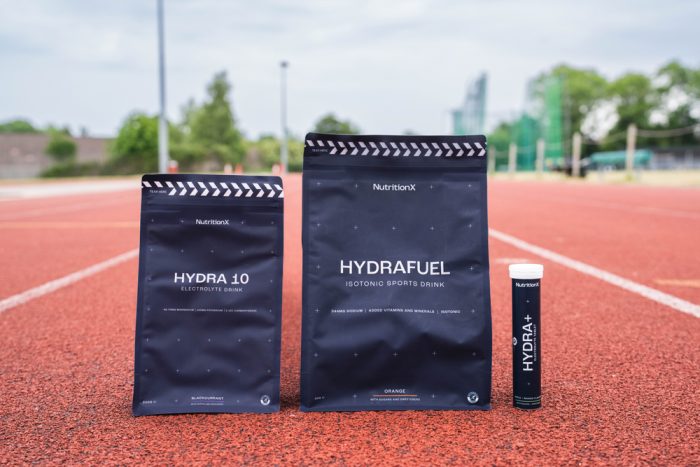
How do hydration supplements negate the negative effects of sweating?
Hydration supplements help to maintain electrolyte balance, fluid retention and carbohydrate availability, all of which are compromised by sweat loss. By restoring what’s lost in sweat, these products support sustained performance, delay fatigue and reduce the likelihood of cramps and dehydration-related performance declines. They also encourage fluid retention more effectively than plain water, enhancing rehydration in the post-exercise period.
Sweating is an essential part of the body's cooling system, but it comes with performance costs if not managed correctly. Understanding your individual sweat rate, staying hydrated and using targeted hydration supplements can make the difference between peak performance and premature fatigue. Check out our full range to keep on top as the temperatures rise.



